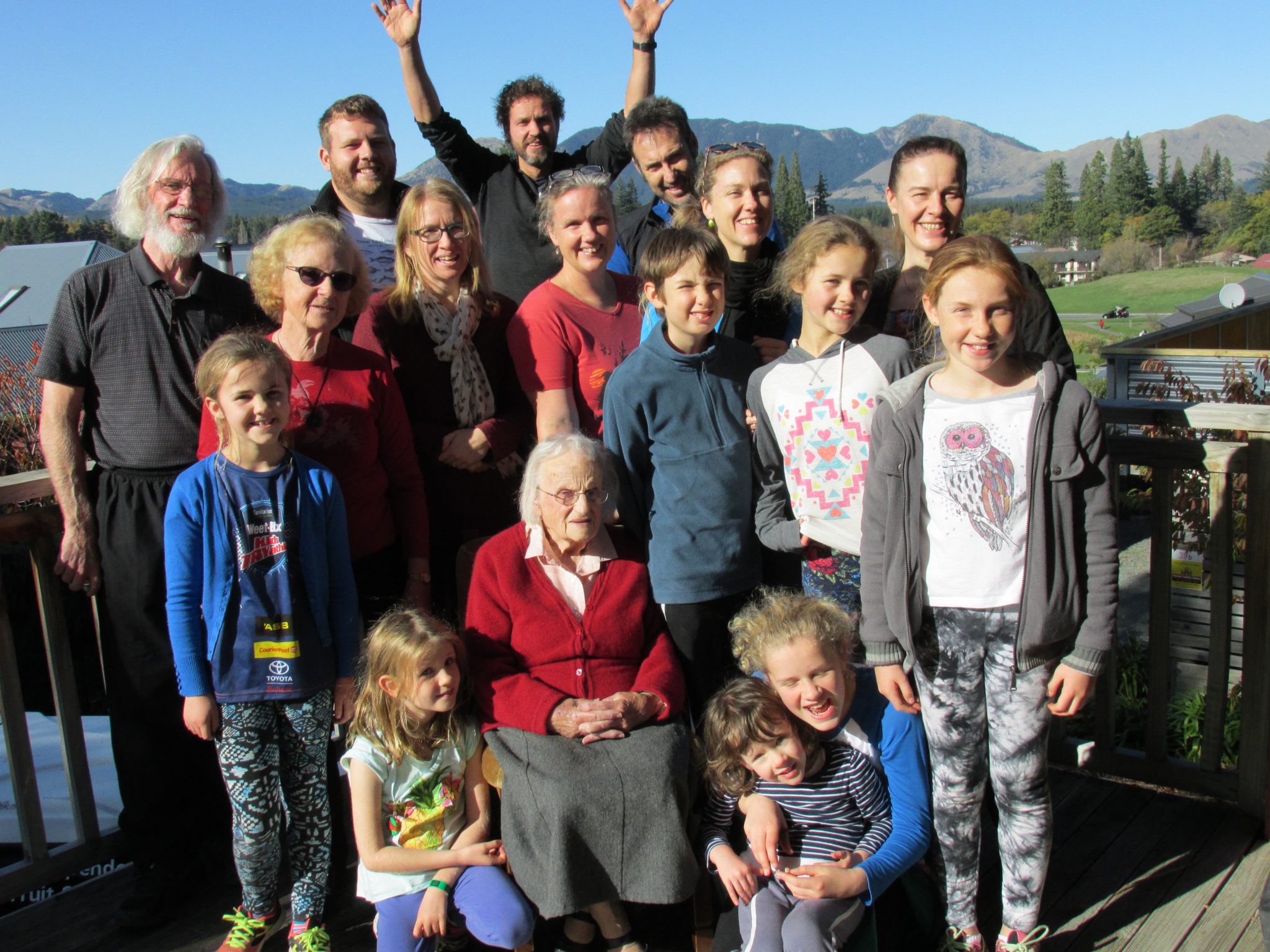For Grandparents, Family & Friends
Family members and friends can play an important role in the lives of a family who have a child that has been diagnosed with PWS by staying involved and supporting them as they face some unique challenges.
Tips for Grandparents, Family and Friends
- Be proactive about keeping in touch. Ask questions and learn about PWS.
- Recognise that families may be dealing with feelings of grief and loss at the time of diagnosis, and these may resurface from time to time.
- People with PWS gain weight easily which can cause serious health issues and the expectation of getting food can lead to disappointment and anxiety. Always support the family’s decisions around food management at their house, and yours.
- People with PWS are friendly and sociable, but they can also be highly stress sensitive, anxious, and prone to behavioural outbursts. Talk with the family about triggers, how to keep anxiety low, and what to do if problem behaviour arises.
- Supporting an adult or child with PWS can be very rewarding, but is often stressful and hard work. Offer to provide families opportunities for a break.

Further Reading
People with PWS and their families will benefit from having as many supportive people in their lives as possible. Sometimes it’s hard for families to keep up social contact when they are so busy or when they are not sure how people will react towards their child. It’s good to be proactive about keeping in touch.
Receiving a diagnosis of Prader-Willi syndrome is very stressful and families can experience feelings similar to the common stages of grief: shock and denial, anger, depression, dialogue/ bargaining and acceptance. This starts with a loss of the imagined excitement and joy after the birth of a baby, the loss of dreams held for the child and imagined family future, and continues with the loss of normalcy others appear to enjoy. New developmental phases and circumstances may trigger experiences of loss, sadness, denial or anger at any time in the future. The continued support of grandparents, close family and friends is hugely beneficial to the health and welfare of the family.
Grandparents may also need support to recognise and take the time to come to terms with their own feelings about having a grandchild diagnosed with PWS, as initially they may be very focused on supporting their son or daughter.
One of the best ways to support a family is to try to understand as much as possible about the syndrome. Part of the challenge for parents is explaining this rare syndrome to others, so it can be helpful if family and close friends ask questions and learn as much as they can.
Another way to provide support is to provide respite opportunities. Raising a child who has PWS can place additional stress upon a family. You may offer to look after the child with PWS to allow parents to spend time with their other children and for the family to have a break from the daily challenges of life caring for someone who has PWS.
If you are entrusted with the care of a child or adult with PWS, it is essential that you are guided by the parents and carers in the way that you support them. People with PWS are highly stress sensitive, have very rigid ways of thinking, and can struggle to regulate their emotions. Work with parents and carers to find out the best way to reduce anxiety and respond to any behavioural issues. Be consistent with limits that have been put in place.
It is very important that you follow the dietary plan or restrictions that the parents or carers have for the person with PWS. It may seem that they are slim and weight gain is not an issue, but it is important to understand the ease with which they can gain weight and the associated health risks. The preoccupation with food and rigidity in thinking also means that although weight may not be an issue right now, appropriate eating habits need to be set for the future when appetite and interest in food does increase.
Dietary consistency is key. Giving in just once when they ask for extra food can mean several battles ahead for the family, and providing an unplanned treat will result in the child expecting it again. Each family will have its own rules about treats – some families avoid sweet foods altogether and others choose to only limit them. If occasional small, food treats are given, the family will have plans for this – please discreetly check with parents before offering snacks (away from keen, listening ears!) Grandparents may decide to offer small, non-food treat alternatives during holidays such as Easter and Christmas.
Social occasions and holiday celebrations can be a time of stress if you have a family member with PWS. If you are hosting an event in your home, please discuss the food arrangements with the family ahead of time. Consider avoiding buffet style meals and try to keep discussion about food in front of the person with PWS to a minimum. Where possible, keep food out of reach or hidden until it is time to eat.
People with PWS are friendly and sociable and will really appreciate any time you put into getting to know them and their interests. When the needs of the individual with PWS are addressed, there will be few if any behavioural problems. So, enjoy the time you spend in the company of your loved one or friend with PWS!
Additional Resources
- An Overview of Food and Behaviour Management when Caring for Someone with PWS – by Prader-Willi California Foundation
- When Someone You Know Has PWS – a brochure for family and friends from the Prader-Willi California Foundation
- Information for Grandparents – from the Prader-Willi Syndrome Association UK.
